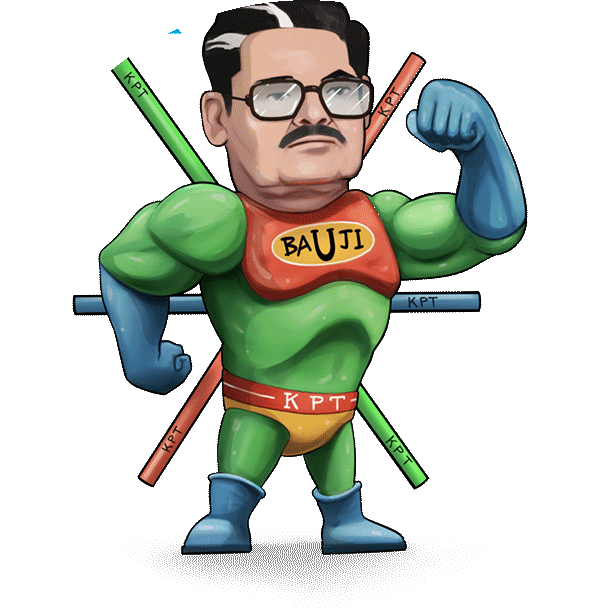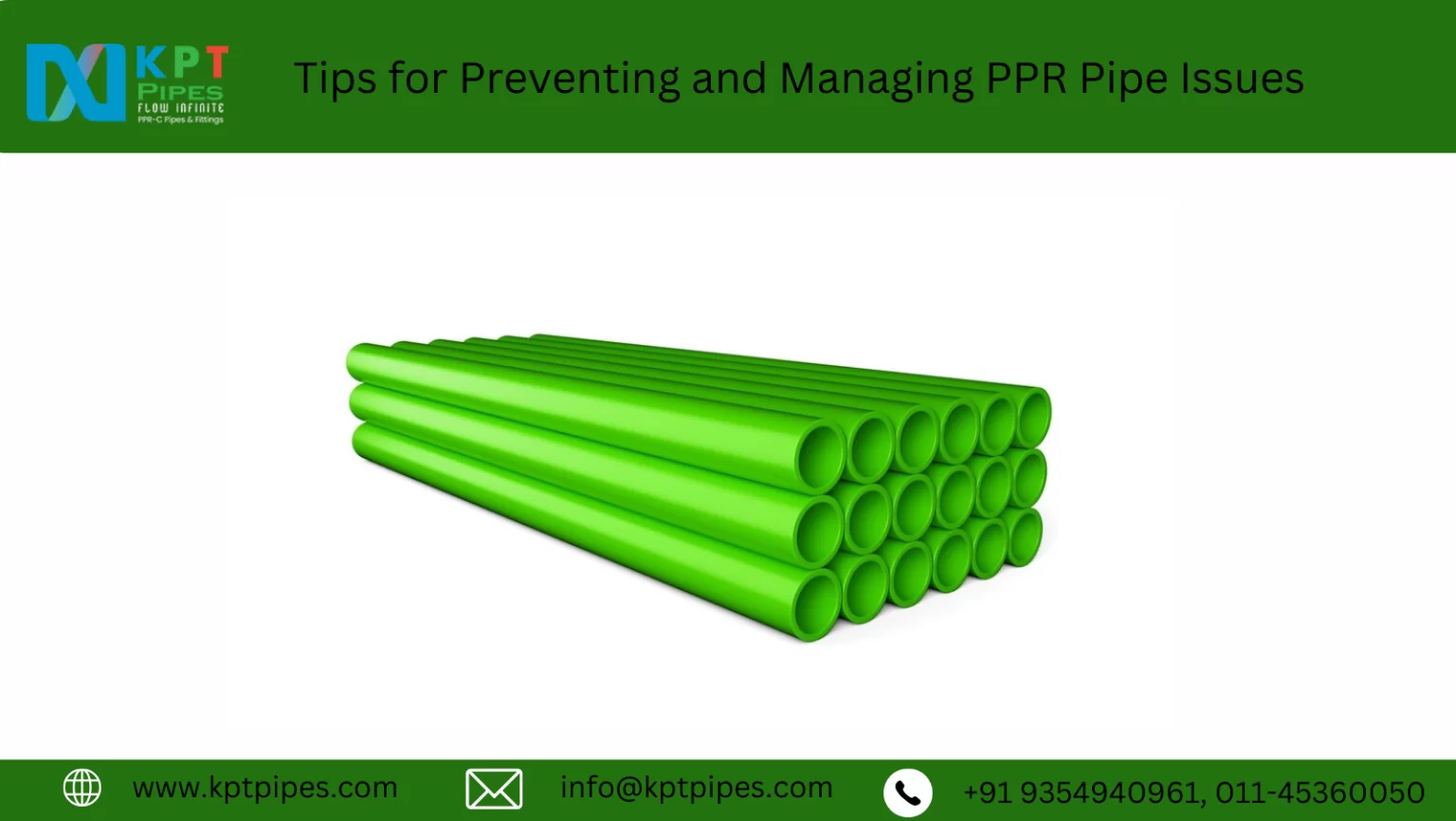Polypropylene Random Copolymer (PPR) pipes have gained popularity in plumbing and water supply systems due to their durability, corrosion resistance, and ease of installation. However, like any plumbing material, PPR pipes can develop issues over time if not properly maintained and installed. In this blog post, we’ll explore some essential tips for preventing and managing PPR pipe issues to ensure the longevity and efficiency of your plumbing system.
Table of Contents
Professional Installation:
One of the most critical aspects of preventing PPR pipe issues is ensuring proper installation. Hiring a qualified and experienced plumber is essential to ensure that the pipes are correctly fitted, connected, and aligned. Amateur installation can lead to leaks, weak joints, and other problems down the line.
Use High-Quality PPR Pipes:
Always choose high-quality PPR pipes and fittings from reputable manufacturers. Inferior quality materials may be prone to premature wear, cracks, or deformation. Investing in quality pipes upfront can save you from costly repairs and replacements later on.
Regular Inspections:
Regularly inspect your PPR plumbing system for any signs of leaks, cracks, or damage. Detecting problems at an early stage can help prevent them from escalating or deteriorating further. Look for wet spots, discoloration, or unusual odors around pipes and fittings.
Temperature and Pressure Control:
PPR pipes are sensitive to high temperatures and pressure fluctuations. Ensure that your hot water system is correctly regulated to avoid overheating the pipes, which can lead to deformations and leaks. Also, consider installing pressure relief valves to protect the pipes from excessive pressure.
Avoid DIY Modifications:
Avoid making DIY modifications to your PPR plumbing system unless you have the necessary expertise. Incorrect alterations can weaken the structure and cause leaks or failures.
Proper Insulation:
In colder climates, insulate your PPR pipes to prevent freezing. Frozen pipes can expand and crack, leading to leaks when they thaw. Proper insulation can help maintain a consistent temperature in the pipes.
Avoid Chemical Contamination:
Exercise caution when disposing of substances in your drains. Harsh chemicals and corrosive substances can damage PPR pipes over time. Opt for environmentally friendly cleaning products and avoid disposing of chemicals directly into your plumbing system.
Periodic Maintenance:
Consider scheduling routine maintenance checks by a professional plumber. They can identify and address potential issues before they become major problems. Maintenance may include tightening connections, inspecting seals, and ensuring proper water flow.
Use Proper Tools and Fittings:
When working with PPR pipes, make sure to use the correct tools and fittings recommended by the manufacturer. Using the wrong tools or mismatched components can result in weak joints and leaks.
Protect PPR Pipes from UV Exposure:
PPR pipes are sensitive to ultraviolet (UV) light. If your plumbing system is exposed to sunlight, use UV-resistant covers or paint to shield the pipes from UV damage.
Regular Cleaning:
Periodically clean your PPR pipes to remove sediment, mineral deposits, and other buildup that can affect water flow and quality. Flushing the system with clean water can help maintain its efficiency.
Emergency Plan:
Have a plan in place for handling plumbing emergencies. Knowing how to shut off the main water supply quickly can prevent extensive damage in case of a sudden pipe burst or leak.
By following these tips for preventing and managing PPR pipe issues, you can maintain a reliable and efficient plumbing system. Remember that regular inspections, professional installation, and proactive maintenance are key to avoiding costly repairs and ensuring the longevity of your PPR pipes. When in doubt, always consult a licensed plumber for guidance and assistance with your plumbing needs.


